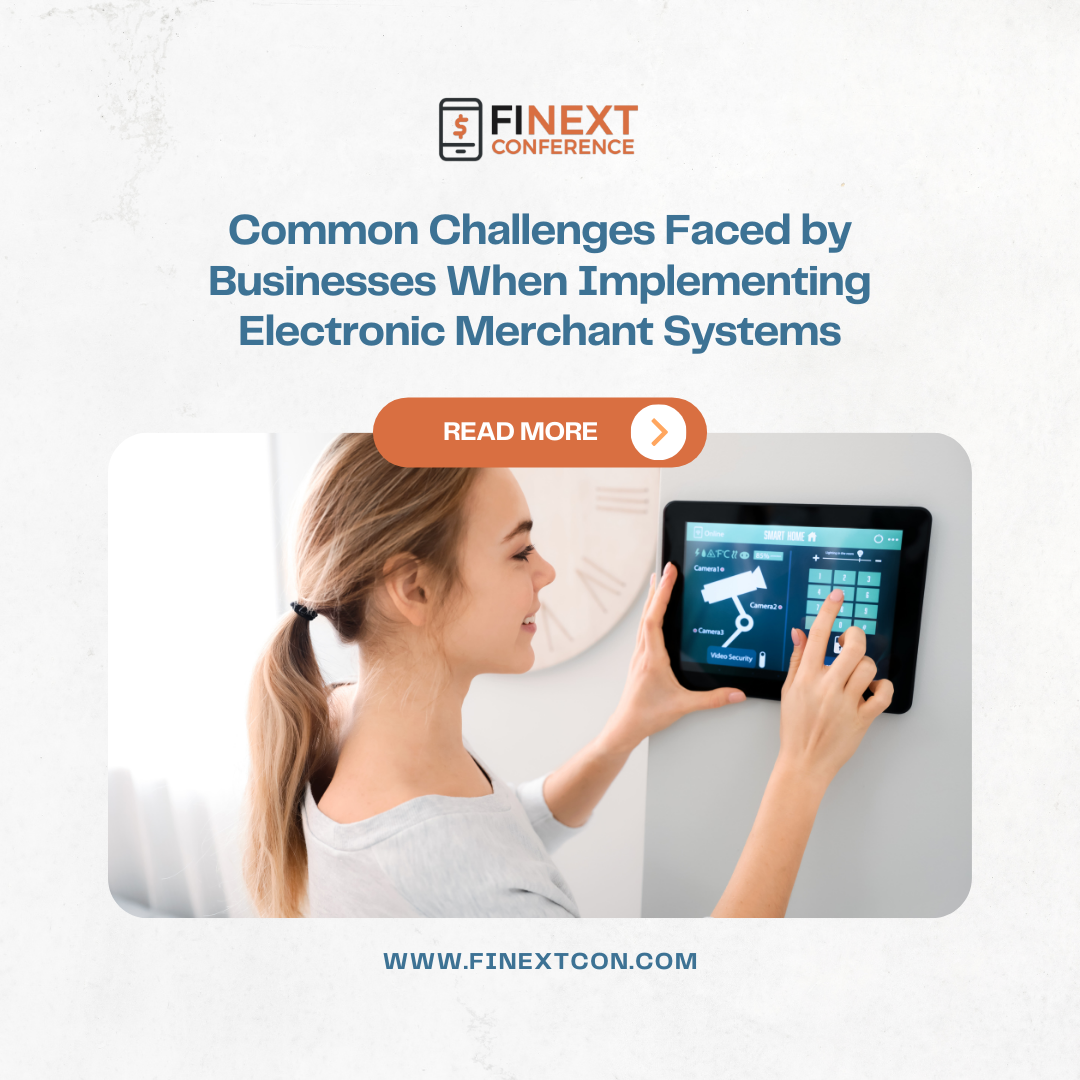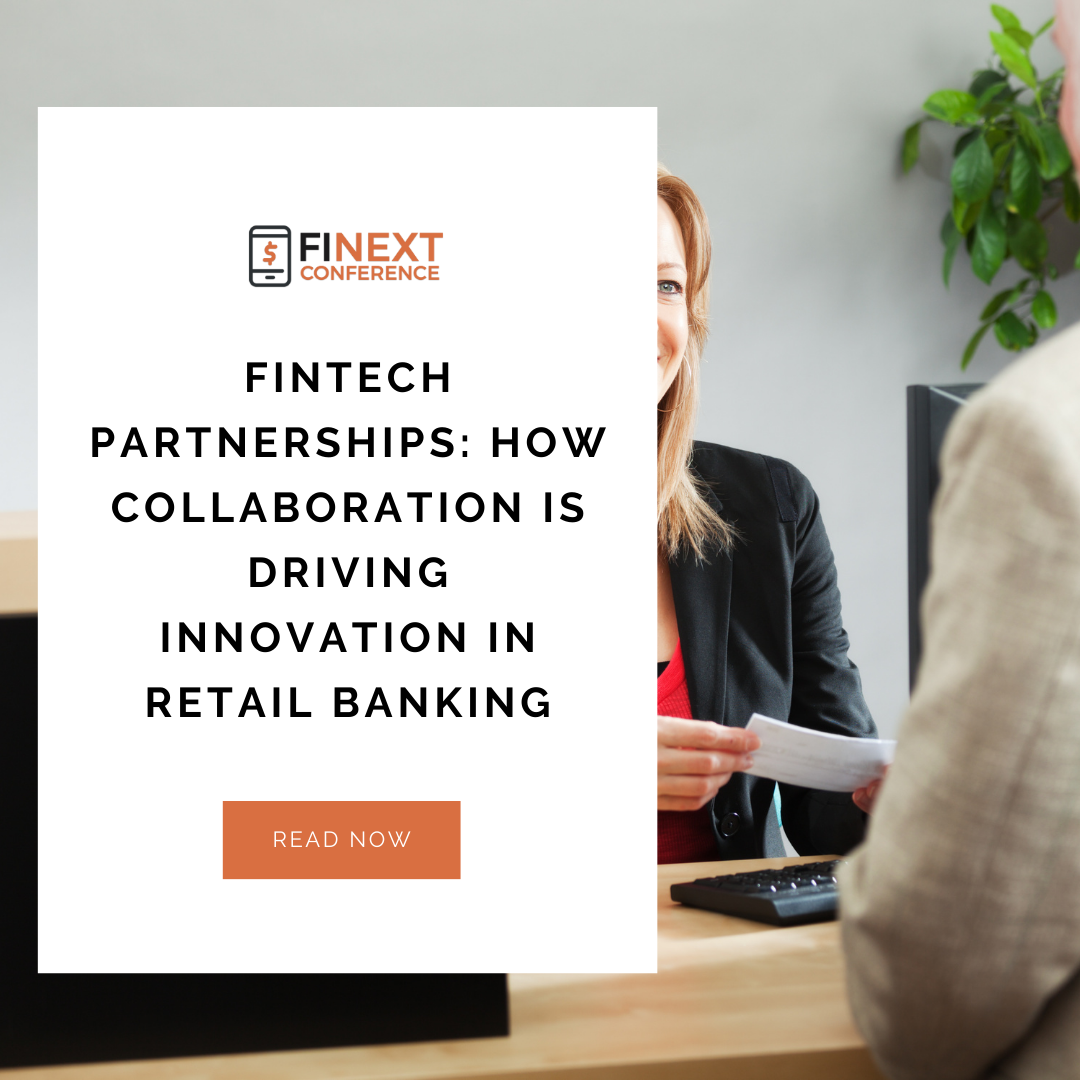Dubai has firmly established itself as a global financial hub, attracting industry leaders, innovators, and investors from around the world. In 2025, the city is set to host a series of finance conferences that will provide unparalleled opportunities for networking, learning, and collaboration. Here are the top 10 finance conferences you should not miss in Dubai this year: Top 10 Finance Conferences Dubai 2025 1. FiNext Awards & Conference Date: February 12-13, 2025Venue: Le Meridien Dubai Hotel & Conference Centre Dubai The FiNext Awards & Conference Dubai 2025 is a premier event designed to bring together the brightest minds and leading innovators in the financial technology (FinTech) industry. Scheduled for February 12-13, 2025, this event will be held in the dynamic and cosmopolitan city of Dubai, known for its rapid advancements in technology and finance. 2. Fintech Innovation Forum Date: April 15-16, 2025Venue: Jumeirah Emirates Towers The Fintech Innovation Forum is a must-attend for anyone interested in the intersection of technology and finance. This event will feature presentations from leading fintech startups, panel discussions on the latest innovations, and networking sessions with industry pioneers. 3. Islamic Finance Conference Date: May 20-22, 2025Venue: The Ritz-Carlton, Dubai Focused on the growing field of Islamic finance, this conference will explore the principles, opportunities, and challenges of Sharia-compliant financial products. Attendees will have the chance to hear from experts in Islamic banking, sukuk (Islamic bonds), and ethical investing. 4. Global Investment Summit Date: June 10-11, 2025Venue: Burj Al Arab The Global Investment Summit attracts investors, asset managers, and financial advisors from around the world. Discussions will cover a wide range of topics, from emerging markets to sustainable investments, providing valuable insights for anyone looking to diversify their portfolio. 5. Dubai Blockchain Conference Date: July 22-24, 2025Venue: Dubai International Financial Centre With blockchain technology continuing to revolutionize the finance industry, the Dubai Blockchain Conference is the place to be for cutting-edge developments in this space. Attendees will learn about the latest use cases, regulatory updates, and investment opportunities in blockchain and cryptocurrency. 6. Wealth Management Expo Date: August 12-13, 2025Venue: Address Downtown Dubai The Wealth Management Expo is tailored for private bankers, financial advisors, and high-net-worth individuals. The event will feature workshops and seminars on wealth preservation, estate planning, and the latest strategies for wealth accumulation. 7. Middle East Banking Forum Date: September 15-16, 2025Venue: Atlantis, The Palm This forum brings together banking professionals from across the Middle East to discuss regional banking trends, regulatory changes, and the future of digital banking. It’s an excellent opportunity for networking and gaining insights into the Middle Eastern banking sector. 8. Dubai Venture Capital Conference Date: October 5-6, 2025Venue: One&Only Royal Mirage Startups and venture capitalists converge at the Dubai Venture Capital Conference to explore funding opportunities and investment trends. This event is perfect for entrepreneurs seeking capital and investors looking for the next big thing. 9. Financial Regulatory Summit Date: November 10-11, 2025Venue: Conrad Dubai The Financial Regulatory Summit addresses the evolving landscape of financial regulation. Attendees will gain… Continue Reading Top 10 Finance Conferences in Dubai 2025 You Can’t Miss
Tag: Banking Conference in Dubai
Common Challenges Faced by Businesses When Implementing Electronic Merchant Systems
In today’s fast-paced, technology-driven world, the implementation of electronic merchant systems (EMS) has become crucial for businesses of all sizes. These systems streamline payment processes, enhance customer experiences, and improve overall operational efficiency. However, despite their numerous advantages, businesses often face several challenges during the implementation of electronic merchant systems. Understanding these challenges is the first step towards mitigating them effectively. 1. Integration with Existing Systems Integrating an electronic merchant system with existing business infrastructure can be a complex task. Many businesses operate with legacy systems that might not be compatible with modern EMS. This incompatibility can lead to disruptions in business operations and data inconsistencies. To overcome this, businesses need to invest in comprehensive integration solutions that ensure seamless connectivity between old and new systems. 2. Data Security and Compliance Data security is a paramount concern for businesses implementing electronic merchant systems. With increasing incidents of cyberattacks and data breaches, ensuring the security of sensitive customer information is critical. Compliance with regulations such as the Payment Card Industry Data Security Standard (PCI DSS) adds another layer of complexity. Businesses must adopt robust security measures, including encryption, secure authentication, and regular security audits, to protect against data breaches and comply with regulatory requirements. 3. User Training and Adaptation The successful implementation of an EMS requires that all users, including employees and customers, are adequately trained. Employees need to understand how to use the system efficiently, and customers need to feel comfortable using it. Resistance to change and a lack of proper training can lead to underutilization of the system and operational inefficiencies. Comprehensive training programs and user-friendly interfaces can help overcome these challenges. 4. Cost Considerations Implementing an electronic merchant system involves significant upfront and ongoing costs. These include the costs of purchasing the system, integration, training, and maintenance. Small businesses, in particular, might find these expenses burdensome. To address this challenge, businesses should conduct a thorough cost-benefit analysis to ensure that the long-term benefits of the system justify the initial investment. Additionally, exploring flexible pricing models and financing options can help manage costs effectively. 5. Technical Support and Maintenance Once an EMS is implemented, ongoing technical support and maintenance are essential to ensure its smooth operation. Businesses might face challenges in accessing timely support, especially if the system is complex or the vendor is unresponsive. Partnering with a reliable vendor that offers robust support and maintenance services can mitigate these issues. Additionally, having an in-house technical team trained to handle minor issues can reduce dependency on external support. 6. Scalability and Flexibility As businesses grow, their needs evolve. An electronic merchant system must be scalable and flexible enough to accommodate changing business requirements. Many businesses face challenges when their EMS cannot scale with their growth or adapt to new market trends. Choosing a system with scalable architecture and customizable features can help businesses stay agile and responsive to market changes. 7. Customer Experience The primary goal of implementing an EMS is to enhance the customer experience. However, if the… Continue Reading Common Challenges Faced by Businesses When Implementing Electronic Merchant Systems
Investing in Cryptocurrency: Risks and Rewards
Cryptocurrency has become one of the most talked-about investment opportunities of the 21st century. Since the introduction of Bitcoin in 2009, the crypto market has grown exponentially, capturing the interest of investors worldwide. But as with any investment, it’s crucial to understand both the potential rewards and the inherent risks. In this blog, we will explore the key aspects of investing in cryptocurrency, providing a balanced view to help you make informed decisions. The Rewards of Investing in Cryptocurrency 1. High Returns Potential One of the most enticing aspects of cryptocurrency investment is the potential for high returns. Early adopters of Bitcoin, for example, have seen astronomical gains. Cryptocurrencies like Ethereum, Binance Coin, and Solana have also provided significant returns for investors. The volatile nature of the market can lead to substantial profits in a relatively short period. 2. Diversification Cryptocurrencies offer a new asset class that can diversify an investment portfolio. By including digital assets alongside traditional investments like stocks, bonds, and real estate, investors can reduce their overall risk. Diversification helps in spreading risk and can improve the potential for returns. 3. Decentralization and Innovation The decentralized nature of cryptocurrencies means they are not controlled by any single entity, such as a government or financial institution. This decentralization can provide a hedge against inflation and currency devaluation. Additionally, the underlying blockchain technology is revolutionizing various industries, from finance to supply chain management, presenting new investment opportunities. 4. Accessibility and Liquidity Cryptocurrencies are highly accessible. Anyone with an internet connection can participate in the market. Unlike traditional stock markets, the crypto market operates 24/7, providing liquidity and the ability to trade at any time. The Risks of Investing in Cryptocurrency 1. Volatility The cryptocurrency market is notoriously volatile. Prices can fluctuate wildly within short periods, leading to significant gains or losses. For instance, Bitcoin has experienced drops of over 50% in a matter of weeks. This volatility can be daunting for investors who are not prepared for rapid changes in their portfolio’s value. 2. Regulatory Uncertainty Cryptocurrencies exist in a regulatory grey area in many countries. Governments and regulatory bodies are still figuring out how to handle digital assets. Future regulations could impact the market significantly, potentially leading to restrictions, higher taxes, or even bans in some jurisdictions. 3. Security Risks While blockchain technology is inherently secure, the platforms and exchanges used to trade cryptocurrencies are not immune to hacks and cyber-attacks. There have been numerous instances of exchanges being hacked and investors losing their funds. It is essential to use reputable exchanges and secure your digital assets in wallets. 4. Market Manipulation and Fraud The relatively unregulated nature of the crypto market makes it susceptible to market manipulation and fraud. Pump-and-dump schemes, where the price of a cryptocurrency is artificially inflated before being sold off, are not uncommon. Investors need to conduct thorough research and be cautious of too-good-to-be-true opportunities. Tips for Mitigating Risks Conclusion Investing in cryptocurrency can offer substantial rewards but comes with significant risks. By… Continue Reading Investing in Cryptocurrency: Risks and Rewards
Fintech Partnerships: How Collaboration is Driving Innovation in Retail Banking
The financial landscape is undergoing a radical transformation, driven largely by the synergy between traditional retail banks and fintech companies. This collaboration is not just a trend; it is a fundamental shift in how financial services are delivered, aimed at enhancing customer experience, increasing operational efficiency, and fostering innovation. The Rise of Fintech in Retail Banking Fintech, short for financial technology, encompasses a wide range of applications, from mobile banking apps to blockchain technology. These innovations have introduced unprecedented levels of convenience, speed, and accessibility to financial services. Retail banks, recognizing the disruptive potential of fintech, have increasingly sought partnerships to stay competitive and relevant in an evolving market. Benefits of Fintech-Bank Collaborations Examples of Successful Fintech-Bank Partnerships Challenges and Considerations While fintech partnerships offer numerous benefits, they also present challenges. Regulatory compliance, data security, and cultural differences between traditional banks and fintech startups can pose significant hurdles. Successful collaborations require clear communication, aligned goals, and a mutual understanding of each partner’s strengths and limitations. The Future of Fintech-Bank Collaborations The future of retail banking will undoubtedly be shaped by continued collaboration between banks and fintech companies. As technology evolves, we can expect even more innovative solutions that will redefine banking. For instance, the rise of decentralized finance (DeFi) and blockchain technology could further disrupt traditional banking models, prompting even deeper collaborations. In conclusion, fintech partnerships are driving a wave of innovation in retail banking. By leveraging each other’s strengths, banks and fintech companies can create more efficient, inclusive, and customer-centric financial services. This collaboration is not just beneficial; it is essential for the future of banking.



